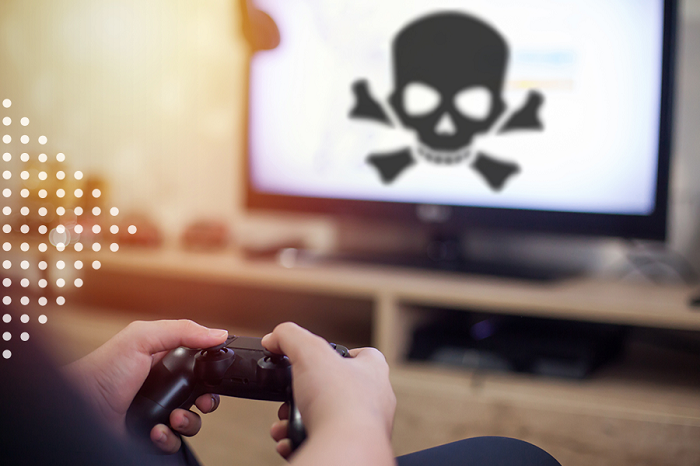

Gaming and Piracy: Unveiling the Impact on Business. How Deep Does It Go?
Gaming and piracy have a complex and intertwined relationship that has a significant impact on the gaming industry. Piracy refers to the unauthorized copying and distribution of copyrighted material, including video games. This issue has been prevalent for decades, and it has evolved alongside technological advancements.
The impact of piracy on the gaming industry is multifaceted. It affects various stakeholders, including game developers, publishers, and consumers. To understand the depth of this impact, let's delve into several key aspects:
1. Financial Losses: Piracy leads to substantial financial losses for game developers and publishers. When games are illegally downloaded instead of being purchased, it directly affects their revenue streams. For instance, a study conducted by the PC Gaming Alliance estimated that the global PC gaming industry lost around $3.5 billion in 2011 due to piracy. These losses can hinder the ability of game developers to fund future projects and may result in layoffs or studio closures.
2. Disrupted Business Models: Piracy can disrupt the traditional business models of game developers and publishers. For example, the rise of mobile gaming and free-to-play models has been partly driven by the need to combat piracy. By offering games for free and monetizing through in-app purchases or advertisements, developers can mitigate the impact of piracy on their revenue streams.
3. Regional Disparities: Piracy can exacerbate regional disparities in the availability and affordability of games. In some regions, high game prices or limited availability can lead to increased piracy rates. This creates challenges for developers and publishers who want to expand their market reach but face piracy-related barriers. As a result, some game companies have adopted region-specific pricing or distribution strategies to combat piracy and make games more accessible.
4. Consumer Attitudes and Behavior: The prevalence of piracy can shape consumer attitudes and behavior. When games are easily accessible for free, some consumers may be less willing to pay for legitimate copies. This can create a perception of games being overpriced or undervalued, impacting the industry's ability to maintain sustainable pricing models.
It's important to note that combating piracy is not solely about enforcing stricter laws or implementing DRM (Digital Rights Management) measures. While these measures can deter casual piracy, they often inconvenience legitimate customers and can be circumvented by determined pirates.
To address piracy effectively, the gaming industry has adopted various strategies:
1. Digital Distribution Platforms: Platforms like Steam, Epic Games Store, and GOG.com provide convenient and affordable access to games, reducing the incentive to pirate. These platforms offer frequent sales, regional pricing, and additional benefits to incentivize legal purchases.
2. Online Multiplayer and Live Services: By incorporating online multiplayer and live services into games, developers encourage players to purchase legitimate copies to access these features. This approach has been successful in reducing piracy rates for games that heavily rely on multiplayer experiences.
3. Anti-Piracy Initiatives: Some game developers have implemented unique anti-piracy initiatives that aim to discourage piracy while engaging with the community. For example, the game "Game Dev Tycoon" released a modified version of the game on torrent sites, where players unknowingly faced piracy-related challenges within the game, highlighting the impact of piracy on developers.
In conclusion, the impact of gaming piracy on the industry is significant and multifaceted. It leads to financial losses, disrupts business models, creates regional disparities, and influences consumer attitudes. However, the gaming industry has responded by adopting various strategies to combat piracy and maintain a sustainable business environment.
References:
1. PC Gaming Alliance Report: https://www.pcgamer.com/pc-gaming-alliance-says-pc-piracy-costs-35-billion-in-2011/
2. Game Dev Tycoon Anti-Piracy Initiative: https://www.greenheartgames.com/2013/04/29/what-happens-when-pirates-play-a-game-development-simulator-and-then-go-bankrupt-because-of-piracy/
Related Posts
© 2025 Invastor. All Rights Reserved

User Comments